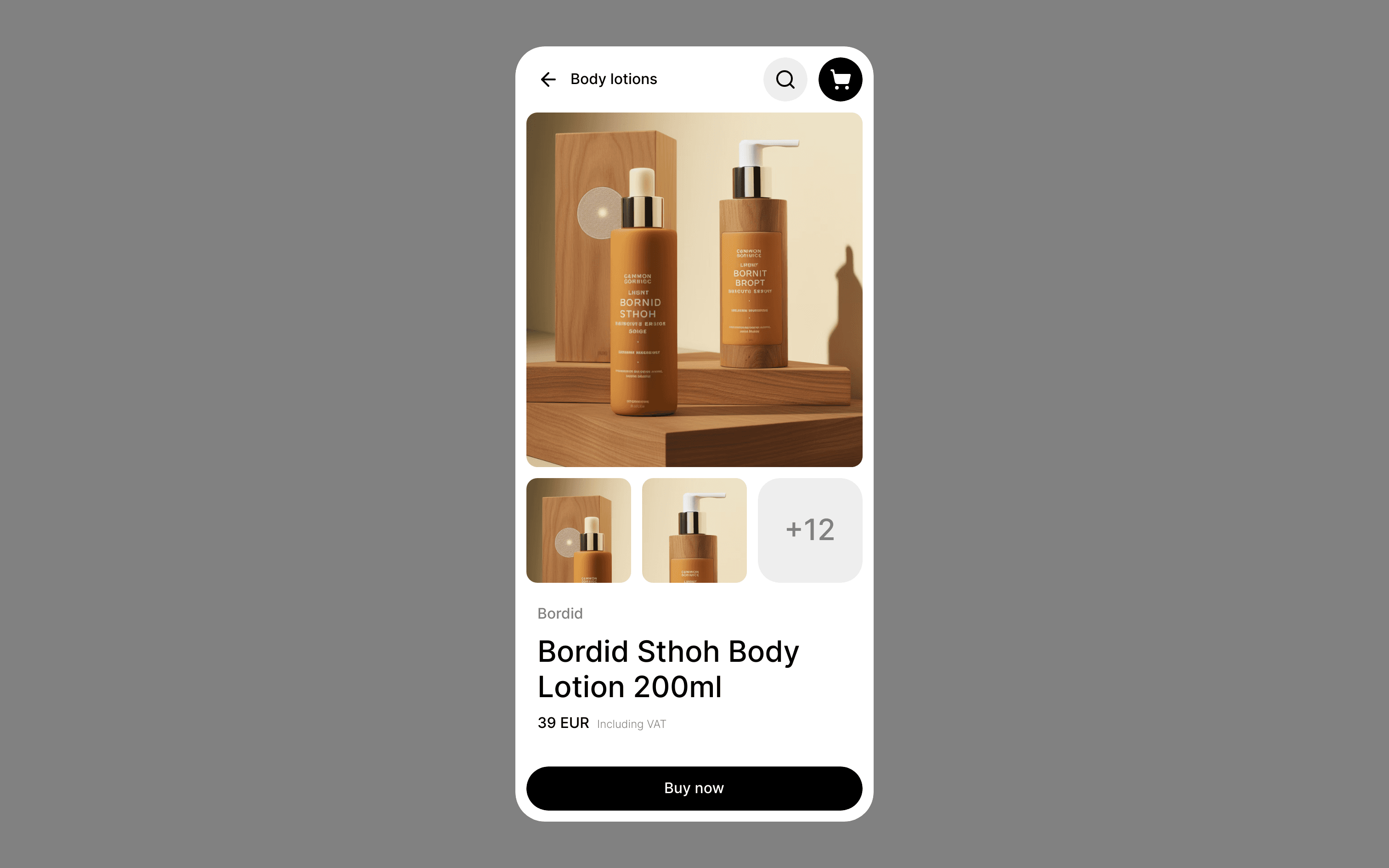Build Design Systems With Penpot Components
Penpot's new component system for building scalable design systems, emphasizing designer-developer collaboration.

medium bookmark / Raindrop.io |
I have received countless questions on Linkedin and from friends who ask me: How do I prepare for a UX interview? What are your general and specific tips on UX/UI interviews?
The advice that I am about to share with you may seem so simple, but along with a great portfolio and resume (you can read my article about preparing for a portfolio presentation here and here and more interview prep here), you can potentially get any job you wanted to. I have helped people get interviews and ultimately job offers from Amazon, Blizzard, Microsoft and Docusign, just to name a few. 🙂
If you don’t know what the company is doing or who they are, research them! Look at the people who work there, their values, what kinds of cool products they made or are working on. That way, you can ask your interviewer specific questions about what they do and it shows that you are on the same page in getting to know them/the company better.
Also, think about any experiences you would want to talk about, the kinds of work you did/are doing and talk about your process with them. Interviewers want to know your thought process and the kinds of design decisions you made to getting to your solution. They would also want to know what you learned or next steps. As a designer, you should never be satisfied with the outcome and interviewers want to know if you think beyond the solution.
If you don’t know your research or ask the dreaded question, “What does the company do?” is a waste of time for your interviewer and what could be learning about them.
Like I mentioned in my Microsoft post and my other interview prep post, telling a story is essential in UX interviews. It gives insight to who you are and what you value.
A method I use often is called S.T.A.R. and it is extremely effective when describing answering any question.
With this method, regardless of the question, I was able to tell stories that resonated with my interviewers and opened up more conversation. Simply answering the question is not enough when you are expected to tell stories while working in the design industry.
If the interviewer asks you a really open ended question, don’t just start answering. Think about what you want to say and if you don’t know, ask them to clarify! It is better to think about how to answer the question rather than go for it. You may stumble around to try to answer the question, wasting your time and your interviewer’s time. Plus, it never hurts to ask questions because it shows that you are being thoughtful and are trying to provide the best answer you can for the question.
It is also okay to say you don’t know how to answer a question, but don’t say “I don’t know”. Instead say something like “I have never thought that before” or be honest about why you don’t know something by supporting it with a well-thought out reason.
Sometimes having good work isn’t enough. Recruiters want to know you want the job just as much as they would want to give you it. I applied to a company where it took me less than a week to get to the final round, but when I was talking to the recruiter, I didn’t sound very passionate about the job which led to me to not getting an offer at the end.
Don’t try to remember things word by word as, it doesn’t reflect who you truly are. Interviewers want to about you and how well you would fit in with the people working there.
AI-driven updates, curated by humans and hand-edited for the Prototypr community